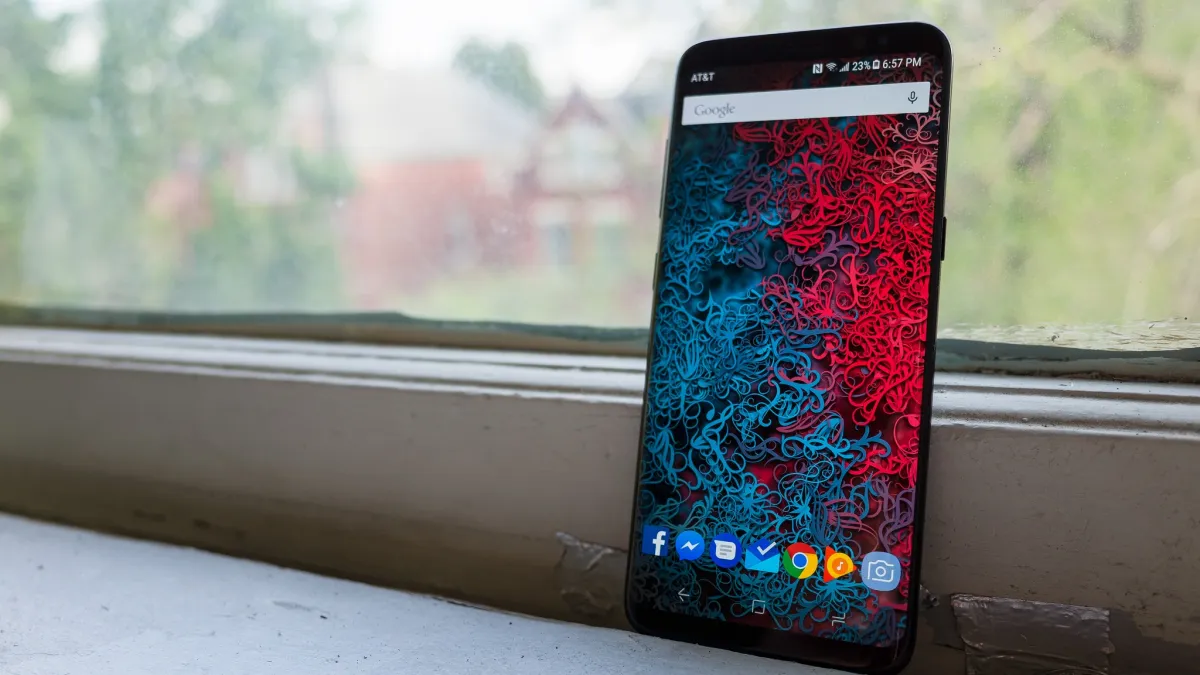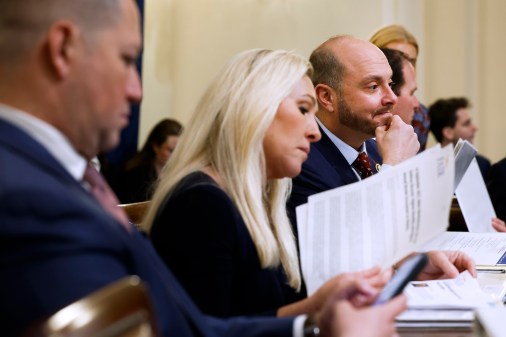Google asks mobile security vendors to help keep hackers out of the Play Store

Google announced Wednesday it would work with multiple cybersecurity companies to better secure the Google Play Store, which hackers have repeatedly used to distribute malicious software.
Google’s decision to collaborate with ESET, Lookout, and Zimperium is an acknowledgement of the challenges of securing the Play Store and the countless devices that interact with it. Each company has distinguished itself by releasing research detailing how hackers are using mobile apps to spread nefarious code.
Google will integrate its Google Play malware detection systems with each of those companies’ anti-virus scanning engines. That will allow the companies to do an extra layer of vetting before an app appears in the Play Store.
In announcing the App Defense Alliance, as the partnership is known, Google acknowledged that the current processes for reporting malicious apps in and out of the Play Store “aren’t designed to scale.”
With over 2.5 billion Android devices in use, the scale of the security challenge is staggering. In 2017, security specialists removed roughly 700,000 malicious apps from the Play Store. In but one illustration of the issue, last January, cybersecurity company Trend Micro found spyware that had been downloaded over 100,000 times from the Play Store. The malware was capable of stealing call logs and SMS conversations from a target’s phone.
Apple has had to remove shady apps, too, but not nearly on the same scale as in the Play Store, where developers can more easily hide malicious functionality behind encrypted code or delay its activation.
“We hand-picked these partners based on their successes in finding potential threats and their dedication to improving the ecosystem,” Dave Kleidermacher, Google’s vice president of Android security and privacy, wrote in a blog.
Lookout said the alliance would help the company step up its work on mobile security.
“Even before this partnership, Lookout worked closely with Google to help them remove mobile app threats from the Google Play Store, such as ViperRAT, Desert Scorpion, and BeiTaAd,” Lookout said. “With the launch of the App Defense Alliance, Lookout will now be able to identify these sort[s] of malicious apps before they ever become a threat to the general public.”





